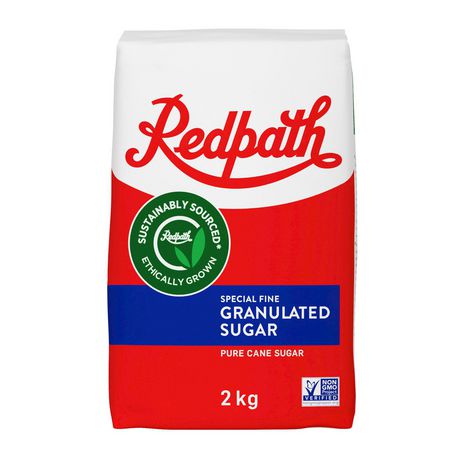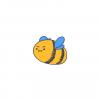One of the main issues I have with maple syrup or honey, is the fact that you'll never know what is in it. The composition varies greatly depending on the tree and harvest date, in the case of maple syrup, and the flowers tended and other resources collected, in the case of honey from bees--not to mention other processing factors such as filtering and pasteurization. Even buying from a certain brand will not guarantee the same composition from bottle to bottle, unless they have the same lot and date codes.
Take a look at this abstract, which compared 80 pure maple syrup samples:
http://www.sciencedi...963996996000002
Based on my knowledge and experience with ant diets and how certain chemical composition ratios affect receptivity, I would expect a syrup with a moderate sucrose content, no glucose/fructose content, high mineral content (especially potassium salts (KCl)), and alkaline pH to be an excellent food.
The chances of hitting all those marks are very low. In fact, the lowest level of sucrose was found to be 51.7%, which is nearly twice as high as the optimal level. The pH also varied from slightly acidic to neutral, making diluted solutions highly susceptible to spoilage from bacteria and fungi, including yeasts. As an alternative to diluting the syrup (which would almost certainly go bad after 1-3 days), it may be possible to provide both the undiluted syrup and distilled water separately, as the syrup does not have enough moisture content to keep the ants from becoming dehydrated.
Best of luck with whatever you try!
Edited by drtrmiller, September 28 2016 - 6:19 AM.




















